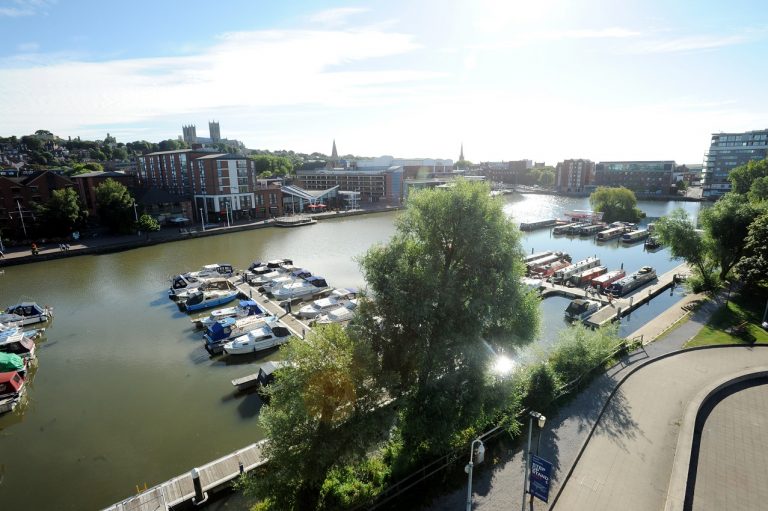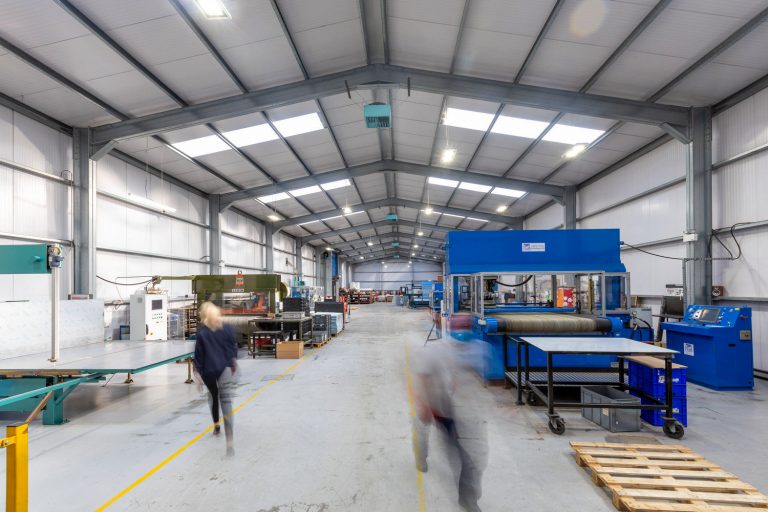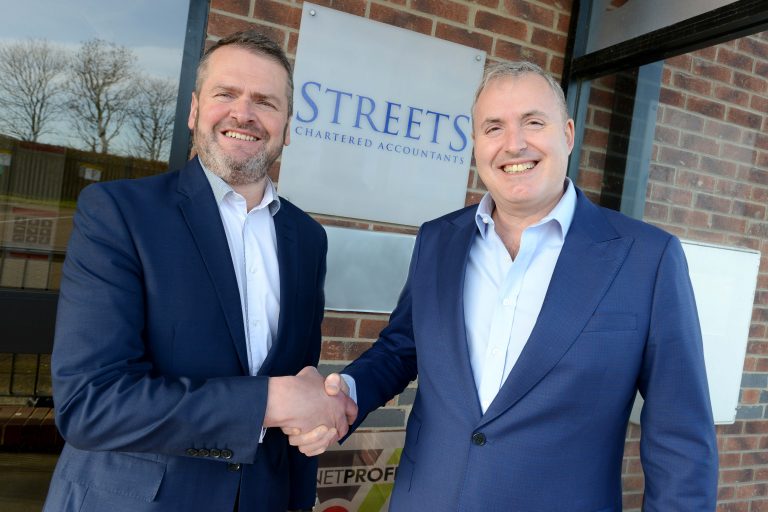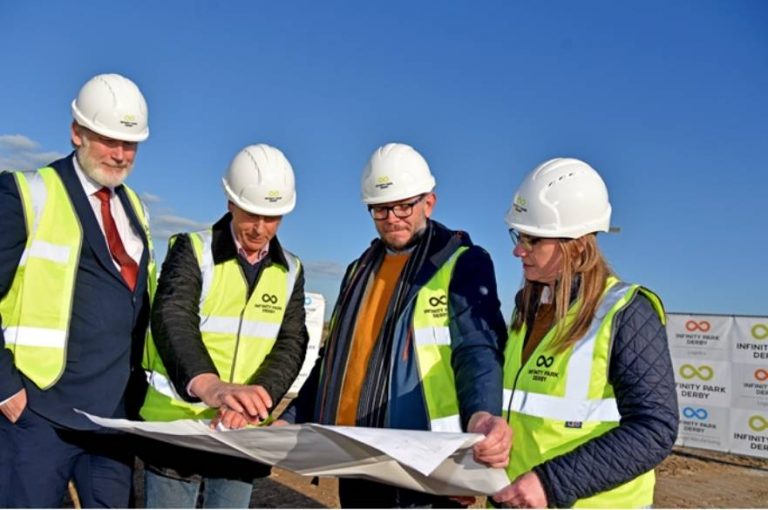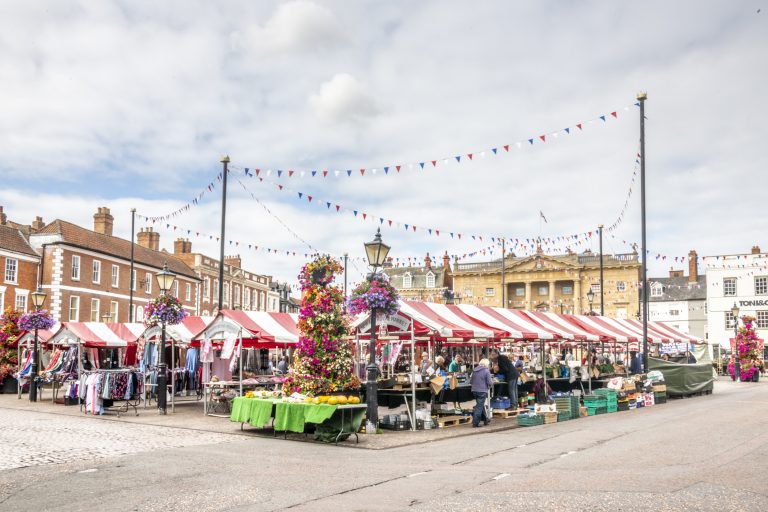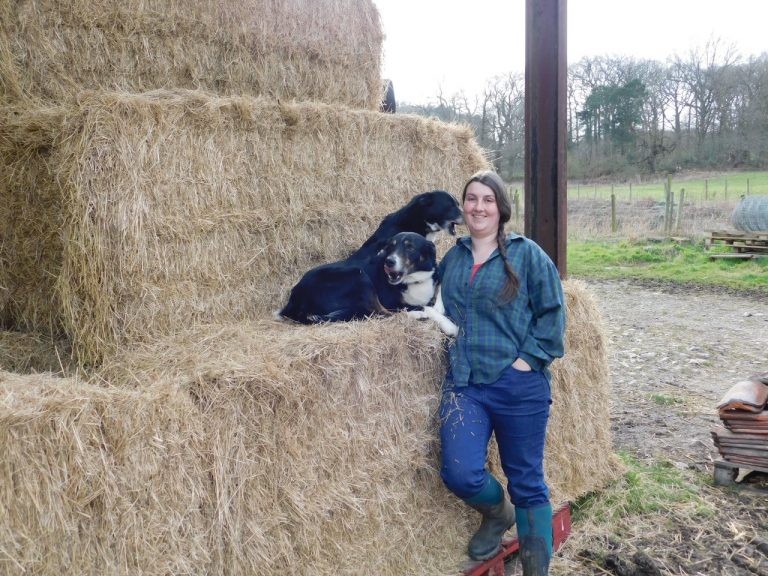As custodian of the Lincoln Brayford, City of Lincoln Council is supporting the area’s latest floating ecosystems project.
Studies have shown over the years the three islands at Lincoln Brayford have provided a valuable refuge habitat for a wide diversity of species from otters and swans to ducks, fish and pollinators.Lincoln City council organises floating ecosystems project
Manufacturer launches new recycled material for the automotive market
Spring Statement misses significant opportunities says Manufacturing Association
Streets Chartered Accountants appoint Martyn Shakespear as head of banking & finance
Russia/Ukraine crisis likely to pause future M&A activity
Construction gets underway on £15m manufacturing research centre
Plans to drive Newark town centre vibrancy to be submitted to government
- Enhance existing public spaces to provide spaces to dwell
- Explore wayfinding to facilitate better movement and accessibility within the town
- Explore street tree planting, where appropriate
- Encourage and promote events which align with the town’s aspirations
- Consider the use of art within the public realm
- Create a network of public spaces that can be used for events
- Ensure the spaces retain a sense of identity
270-acre organic farm let to new tenants
Specialist land development and property consultancy, Mather Jamie has advised on the lease of a 270-acre farm in Nanpantan, Leicester to new tenants.
Home Farm is located just outside of Loughborough and forms part of the historic Paget Estate. The farm is just shy of 270-acres and has been let by the estate owner, Joanna Herbert-Stepney, to Marie and Chris Bond.
Both Marie and Chris grew up locally and Marie, the lead tenant, has spent most of her life working on farms. Home Farm is an organic mixed farm which rears Longhorn cattle, Polled Forest and Lleyn Sheep. Chris also runs a local agricultural service, including fencing, hedge laying and paddock maintenance.
Amy Biddell from Mather Jamie, who manages the Paget Estate, said: “Chris and Marie have great ideas for the future of Home Farm so it’s great to welcome such forward thinking young organic tenants to the Paget Estate. We wish them well in their new farming venture.”
Marie Bond said: “Home Farm is such a special place and I feel extremely lucky to have been given such a great opportunity. We feel very so grateful to have a landlord that cares so much and encourages and champions organic farming.”
Estate owner Joanna Herbert-Stepney added: “Home Farm is in beautiful countryside, but it’s not an easy terrain to run. Maire’s doing a great job – it’s organic and full of animals and life. I’m proud to have her as a tenant.”
Marie and Chris have exciting plans for the farm including selling natural crafts such as a new soap line, which will be organic, CPD certified, and sold on the Home Farm website, in local businesses and at the pop-up farm shop during open days. In addition, an outbuilding is in the process of being renovated into a multi-functioning space for hire for a wide range of activities, from crafting to corporate meetings and events.
There are also plans to recommence beekeeping courses as well as taster sessions for people wanting to give it a try. Marie is also looking into the possibility of rearing goats for meat and milk and is considering planting an orchard for meat birds. Loughborough Naturalists are also in the process of conducting a 3-year study of the native flora and forna. It is hoped the study will help to document and raise awareness of the local wildlife, to help understand the diverse landscape and how this is changing over time.


